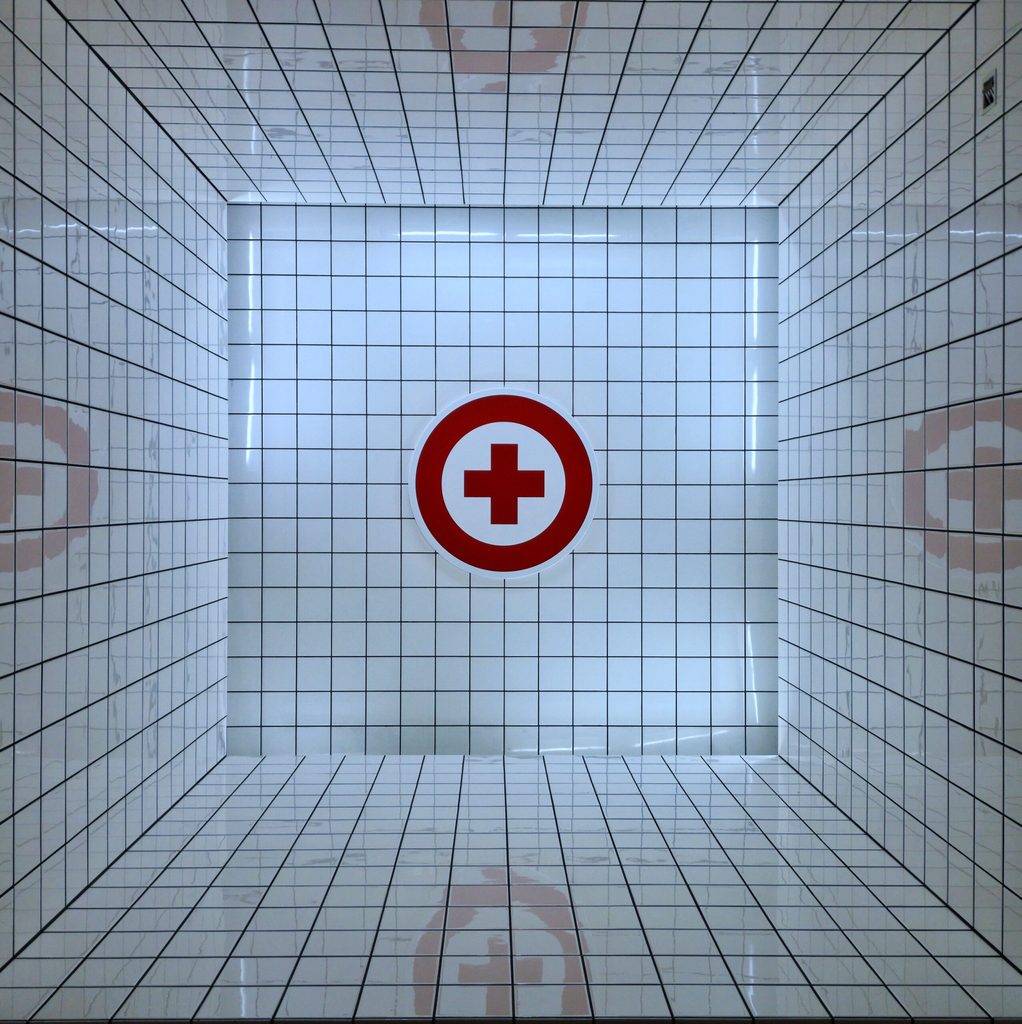Every three seconds, someone in the world develops dementia. There are currently about 50 million people globally who have Alzheimer’s or related dementia. As the disease overwhelmingly affects older persons, Alzheimer’s is increasingly more prevalent in the aging societies of Northern America, Western Europe, and East Asia. By 2050, there could be more than 150 million people around the world who live with this irreversible condition.
Even though each patient experiences Alzheimer’s differently, it’s characterized by memory loss and cognitive difficulties. As the illness progresses, these challenges might become more severe.
As the brain tissue shrinks, some of the day-to-day hardships might include anything from getting dressed to losing language skills.
There’s currently no known permanent treatment for Alzheimer’s. Near the end, the person with Alzheimer’s might have to be in bed most of the time.
Challenge: How to Protect Alzheimer’s Patients Without Enclosing Them?
Caring for an individual with Alzheimer’s is often an arduous task, which might require significant physical, emotional, and financial resources. Thus, while these patients must have their individual freedom, some of their behavior might require further monitoring.
About 60 percent of the Alzheimer’s patients will “go wandering”, according to Beth Kallmyer, Vice President of Care and Support at the Alzheimer’s Association.
“This is such a big worry for families,” she told CNN. “We tell them their loved ones can wander off at any time, even when you just go into the kitchen for a minute to start dinner.”
While the safety of the patients is of paramount importance, too many measures and fussy procedures might not only alienate them but can also make their daily lives more complicated.
Nevertheless, daily life solutions to make the lives of the communities affected by Alzheimer’s are emerging. Experts like Kallmyer believe that safe, yet ethical access technologies will help to structure the lives of Alzheimer’s patients while providing peace of mind to their caregivers.
The Technological Ecosystem For Alzheimer’s Care Homes
In Alzheimer’s care homes high-technology access solutions keep the patient safe, while simplify the work of the care workers.
Ulrich Räber, a manager at Ulmiz Retirement Home in Switzerland, explains that lack of appropriate access solutions can cause conflicts in a care facility.
“[At the Ulmiz Retirement Home], we have a mix of dementia patients and residents who do not have dementia. This leads to problems, for example, that [the dementia patients] go into the rooms of other residents during the night,” he said.
However, since his facility installed an electronic access solution they could eleminate these problems.
Through a transponder every patient is given, doors open or stay closed based on the rights given. The door locks recognize the transponder automatically and allow a hands-free entry, which is especially important for patients who rely on walking frames. Further a right or green light on top opf the lock gives the patient a visual clue if it’s the right door ar not.
The access system does not only bring more security for the Alzheimer patients, but giving the staff more time to take care of them.
Specialized Access Empowers Patients
According to Lawrence Schonfeld, Professor Emeritus in the Department of Mental Health Law and Policy, Louis de la Parte Florida Mental Health Institute, specialized access is one of the most fundamental parts of a safe and dignified environment at an Alzheimer’s care homes.
Prof. Schonfeld urges families looking to place their loved ones into facilities as such to ask some critical questions to ensure the patient’s safety.
“Is the door monitored, either electronically or by staff?” Schonfeld said. “Do they have electronic devices to keep track of people who wander?”
Without a doubt, the homes and facilities that can give satisfactory answers to questions as such are equipped to assist patients with the dignity they deserve in such a difficult time of their lives.






